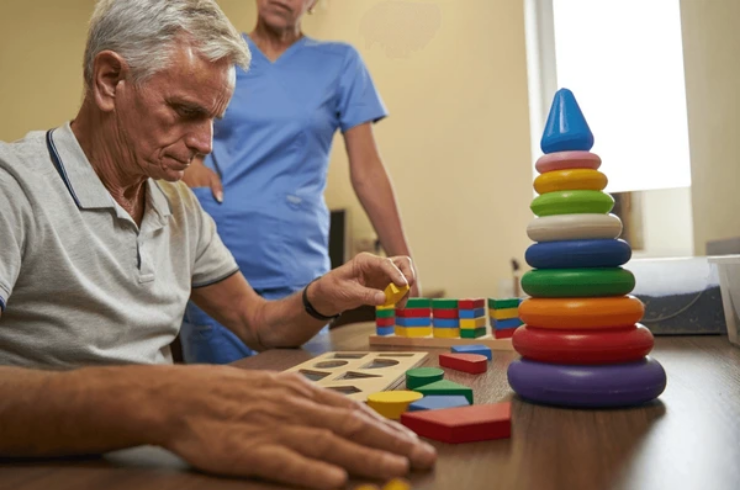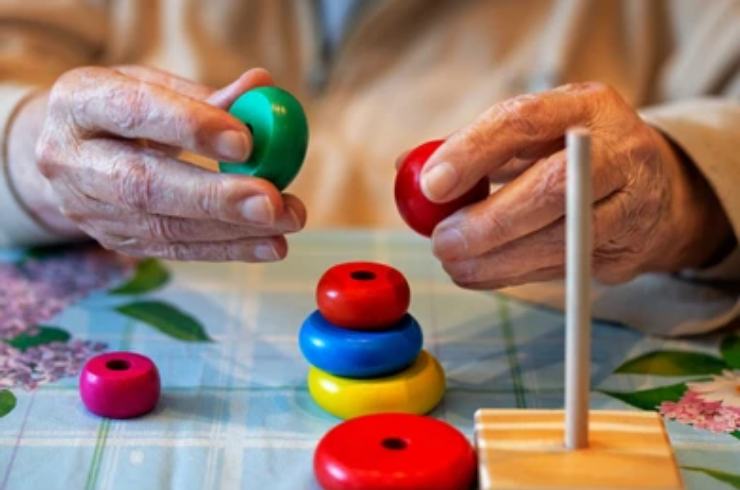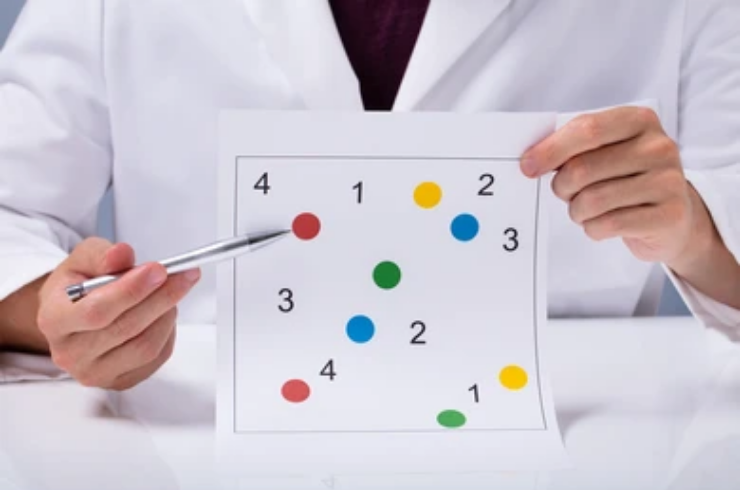


Cognitive Remediation Therapy (CRT): Enhancing Cognitive Functions and Quality of Life
What is Cognitive Remediation Therapy? Cognitive Remediation Therapy (CRT) is a therapeutic intervention designed to address cognitive deficits often associated with mental health conditions and neurological disorders. CRT focuses on improving core cognitive abilities such as memory, attention, problem-solving, and executive functions, using structured exercises and techniques to help individuals perform daily activities more effectively and independently. This evidence-based therapy has shown to be particularly beneficial for those with conditions that impair cognitive function, enhancing both quality of life and overall daily functioning.
Key Components of CRT
Assessment and Evaluation:
CRT begins with a comprehensive assessment to identify specific cognitive impairments. This evaluation helps the therapist understand the individual’s cognitive strengths and weaknesses, allowing the development of a personalized therapy plan.
Cognitive Exercises:
Structured tasks and exercises are designed to challenge and improve cognitive functions. These activities may include memory tasks, problem-solving challenges, and exercises that target attention.
Skill Training:
CRT also focuses on practical skill-building, such as improving organizational strategies, managing time effectively, or enhancing social skills. These skills are crucial for managing daily life and improving functioning.
Feedback and Monitoring:
Regular feedback is provided throughout the therapy process to track progress. Monitoring ensures that the exercises remain effective and are adapted as necessary to meet the individual’s evolving needs.
Benefits of Cognitive Remediation Therapy
Improved Cognitive Function:
CRT helps individuals enhance specific cognitive abilities, such as memory, attention, and problem-solving. As cognitive functions improve, individuals are better able to perform everyday tasks and manage their responsibilities more effectively.
Enhanced Daily Living Skills:
One of CRT’s primary goals is to help individuals manage daily life more effectively. The therapy fosters better organization, time management, and social interactions, which leads to an improved quality of life.
Increased Independence:
By developing strategies to address cognitive deficits, CRT promotes greater independence. Individuals learn to perform tasks more effectively on their own, reducing reliance on caregivers or others.
Evidence-Based Effectiveness:
Numerous studies have supported the effectiveness of CRT in enhancing cognitive function in individuals with various mental health and neurological conditions. This makes it a reliable, scientifically validated treatment option.
Applications of Cognitive Remediation Therapy
CRT is used to address cognitive deficits in a variety of mental health and neurological conditions:
Mental Health Disorders:
Conditions such as schizophrenia, bipolar disorder, and major depressive disorder can result in cognitive impairments. CRT has shown to be effective in improving cognitive function in individuals with these conditions, leading to better overall functioning and quality of life.
Neurological Conditions:
Individuals recovering from traumatic brain injuries (TBI), stroke, or dementia may benefit from CRT. The therapy helps them regain lost cognitive skills and improve their ability to manage day-to-day activities.
Cognitive Aging:
Older adults often experience age-related cognitive decline. CRT can help maintain cognitive functions and support overall well-being in aging individuals, enabling them to live more independent and fulfilling lives.
How Cognitive Remediation Therapy Works
The implementation of CRT typically follows a systematic process:
Initial Assessment:
A thorough assessment identifies cognitive deficits and challenges, using standardized tests, interviews, and self-report questionnaires.
Personalized Treatment Plan:
Based on the assessment results, a personalized treatment plan is developed. This plan outlines therapy goals, the types of exercises to be used, and the expected duration of therapy.
Structured Exercises:
Individuals engage in cognitive exercises targeting specific areas of cognitive function. These exercises may be computer-based or paper-and-pencil tasks designed to challenge attention, memory, or problem-solving abilities.
Skill Application:
In addition to cognitive exercises, CRT incorporates training to apply improved cognitive functions to everyday life. This includes strategies for better organization, time management, and social interaction.
Regular Monitoring and Feedback:
Progress is monitored regularly to ensure the therapy remains effective. Feedback is provided to assess progress and adjust the therapy plan as necessary to meet the individual’s goals.